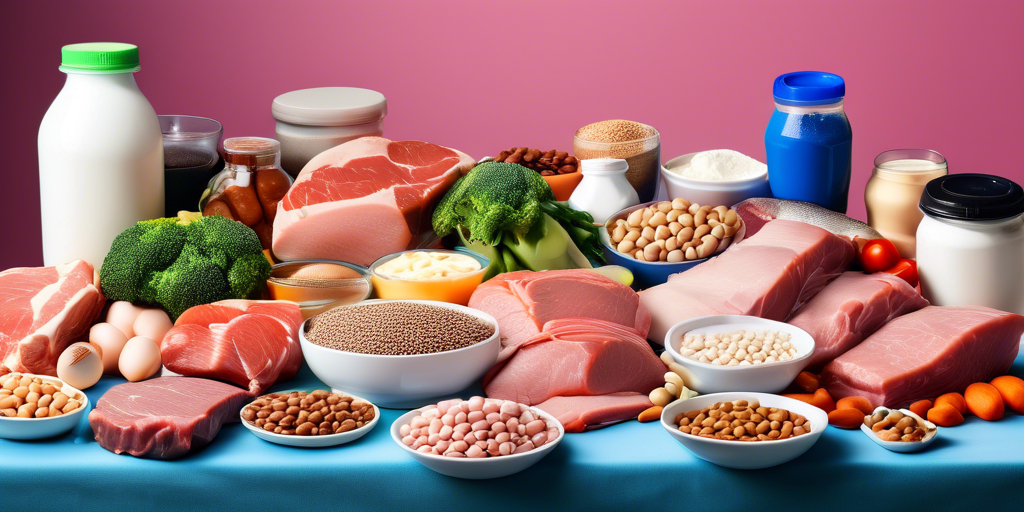The internet made me obsessed with protein, and many others feel the same way. In recent years, social media platforms have become hubs for protein enthusiasts, leading to a surge in interest. The internet made me obsessed with protein through various influencers, recipes, and diet trends that emphasize high-protein diets. This obsession has transformed how people perceive nutrition and fitness.
From fitness influencers to health blogs, the abundance of information online is both a blessing and a curse. The internet made me obsessed with protein by providing endless recipes, workout plans, and nutritional advice that often contradicts traditional dietary norms. This overwhelming influx of content can lead to confusion but also encourages individuals to explore healthy lifestyle choices.
🎯 Impact of Social Media on Dietary Choices
Social media platforms like Instagram and TikTok have played pivotal roles in shaping dietary preferences. Users share high-protein meal prep videos, showcasing innovative recipes designed to fit a protein-packed lifestyle. This visual appeal fuels the obsession, making high-protein meals look not only healthy but also delicious.
Moreover, the “fitspiration” movement encourages followers to adopt protein-centric diets, often highlighting their benefits. However, this trend can sometimes lead to unrealistic expectations about body image and fitness outcomes.
📊 The Rise of Protein Supplements
The protein supplement market has exploded alongside this obsession. With a wide array of products, from protein powders to bars, consumers are bombarded with choices. Many now view supplements as essential for achieving their dietary goals.
In 2025, the protein supplement industry is projected to reach new heights. This growth reflects the increasing acceptance of protein as a crucial component of a balanced diet. Consumers are keen on maximizing their protein intake, often supplementing meals to meet their daily requirements.
💡 Understanding Nutritional Balance
While the internet made me obsessed with protein, it’s essential to remember the importance of balanced nutrition. Focusing solely on protein can lead to neglecting other vital nutrients. A well-rounded diet should include carbohydrates, fats, vitamins, and minerals to support overall health.
Experts advise moderation and variety when incorporating protein into meals. Instead of relying solely on supplements, individuals can benefit from consuming whole foods rich in protein, such as lean meats, legumes, and dairy products.
⚡ Future Trends in Protein Consumption
As the obsession with protein continues, future trends may emerge. Innovations in plant-based proteins and sustainable sources are likely to gain traction. With increasing awareness of environmental issues, consumers may shift towards eco-friendly protein options.
Additionally, personalized nutrition plans based on genetic makeup could influence individual protein requirements. This tailored approach may help people optimize their diets more effectively.
In conclusion, the internet made me obsessed with protein, reflecting a broader cultural shift toward health and wellness. While this obsession can lead to positive changes, it’s crucial to approach nutrition holistically. As you navigate your dietary choices, consider sharing your thoughts with friends who might benefit from this conversation. Share.
Learn more about how social media shapes our eating habits and the future of nutrition.
